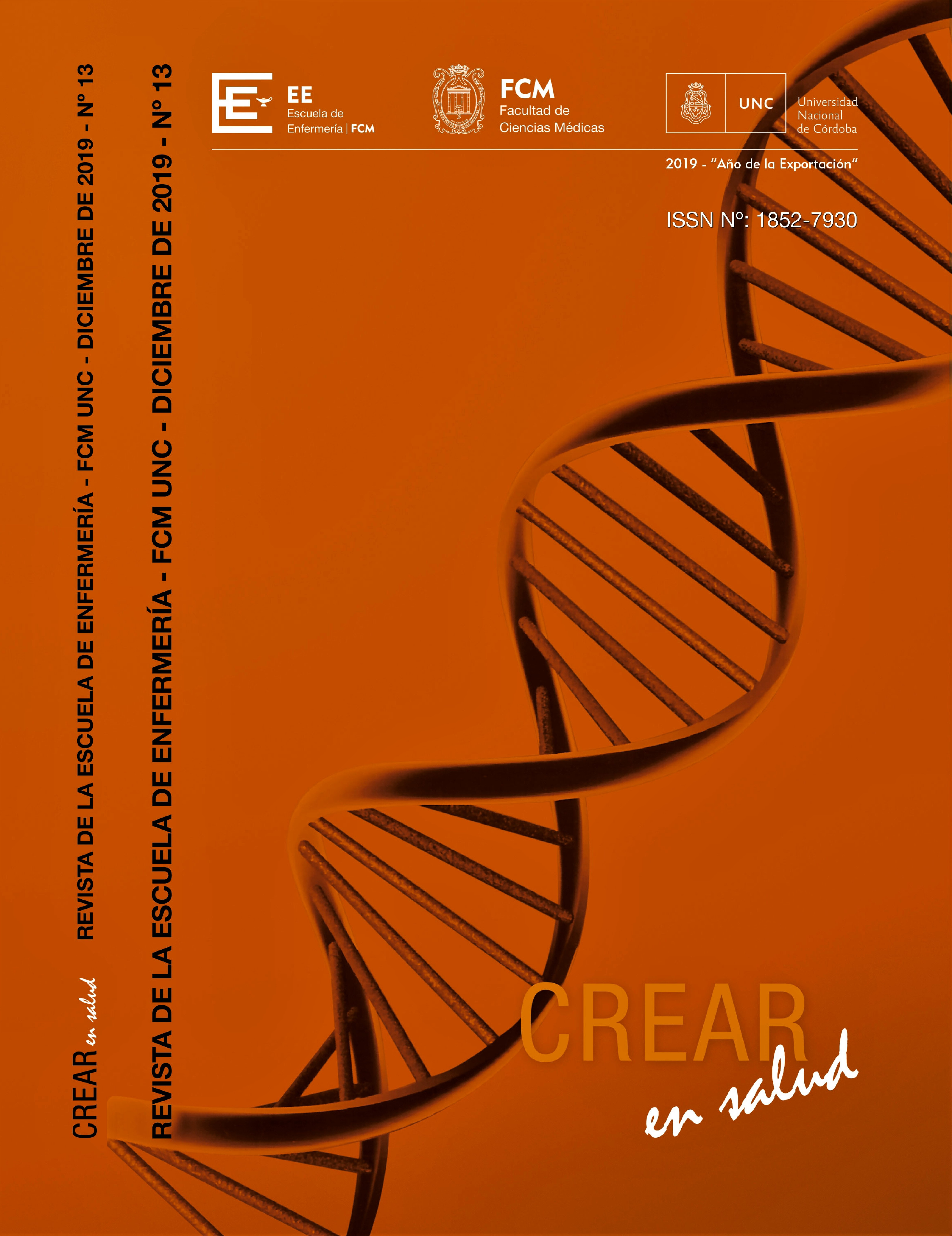LEVEL OF KNOWLEDGE OF PARENTS ABOUT THE INFLUENCES OF SOCIAL NETWORKS ON THEIR ADOLESCENT CHILDREN.
Keywords:
Social networds, Adolescense, Tic, ParentsAbstract
This paper presents the results of an investigation about parents' knowledge about the influences of virtual social networks on their teenage children. It seems that the emergence of social networks in all areas of human development, mainly in the field of communication, would generate new ways of ties, behaviors, habits mainly in young people, therefore, a special appreciation is required when addressing social networks and adolescents in terms of opportunities and that is why, the objective was to investigate the level of knowledge that the first educators, parents, have in relation to the influences of social networks in their adolescent children, in order to provide accompaniment , proximity and confidence in this modality link, already installed. Methodological design: prospective, descriptive and transversal. The population was made up of parents of teenage children who attended public and private schools in the city of La Calera (n = 250). The data collection technique was a survey and as a tool a self-administered questionnaire with closed questions was used. Source: primary. Results: 94.8% use the social network Facebook (Mo) and to a much lesser extent the other social networks. In relation to parents' knowledge about positive influences of virtual social networks on their children, 57% of adults said "There are no positive influences on their children." 22% said there are positive influences because it allows social integration. Conclusion: most parents know the negative and positive aspects of social networks about their teenage children.
References
Arab, E. y Días, A. (2015). Impacto de las Redes sociales e internet en la adolescencia. Aspectos positivos y negativos. Centro de adolescentes y Jóvenes. Revista Médica 26. (1) 7 – 13. Disponible en: https://www.sciencedirect.com/science/article/pii/S0716864015000048
Boyd, D. el alt. (2007). Social Network Sites: Definition, History, and Scholarship. Presented in the Journal of Computer-Mediated Communication. Department of Telecommunication, Information Studies, and MediaMichigan State. Recuperado de: https://onlinelibrary.wiley.com/doi/epdf/10.1111/j.1083-6101.2007.00393.x
Emanuelli, P. y Colab. Ullua, C. (2012). Nuevas socialidades, y configuraciones culturales en las redes sociales digitales. Escuela de Ciencias de la Información. Universidad Nacional de Córdoba.
García, B. C. y Cruz López de Ayala López, M. C. (2013). Los padres ante el uso de Internet y redes sociales por menores. Control y protección. Actas – V Congreso Internacional Latina de Comunicación Social. V CILCS – Universidad de La Laguna. Recuperado de: https://pdfs.semanticscholar.org/a5bd/0fc711b3b9de9ea492682e11a83450162d6a.pdf
Marina, J. A. (2012). Medicina de la adolescencia. Atención integral. Los Adolescentes y el uso de las redes sociales. Revista de Formación Continuada de la Sociedad Española de Medicina de la Adolescencia. pp. 571-576. Madrid: Ergón Editorial.
Manzanares, M. B. (2012). Industrias culturales, globalización y TICS. Estudio presentado en el “VI Encuentro Panamericano de Comunicación”. Escuela de Ciencias de la Información. Universidad Nacional de Córdoba.
Melamud, A.; Nasanousky, J.; Otero, P.; Canosa. D.; Enríquez, D. (2014). Usos de Internet en hogares con niños entre 4 y 18 años. Archivos- Revista Argentina de Pediatría. 2009;107(1):30-36. Recuperado de: https://www.sap.org.ar/docs/publicaciones/archivosarg/2009/v107n1a08.pdf
Pacheco Amigo, B. M.; Lozano Gutiérrez, J. L. y González Ríos, N. (2018). Diagnóstico de utilización de redes sociales: factor de riesgo para el adolescente. RIDE. Revista Iberoamericana para la Investigación y el Desarrollo Educativo, 8(16), 53-72. Recuperado de: https://dx.doi.org/10.23913/ride.v8i16.334
Rocha, M.; González, J. y Pérez, K. (2013). Una mirada hacia la identidad de los jóvenes a través de las redes sociales: Facebook. VI Encuentro Panamericano de Comunicación. Escuela de Ciencias de la Información. Universidad Nacional de Córdoba. Córdoba: Companam Editorial. Argentina.
Downloads
Published
Issue
Section
License

This work is licensed under a Creative Commons Attribution-NonCommercial 4.0 International License.



